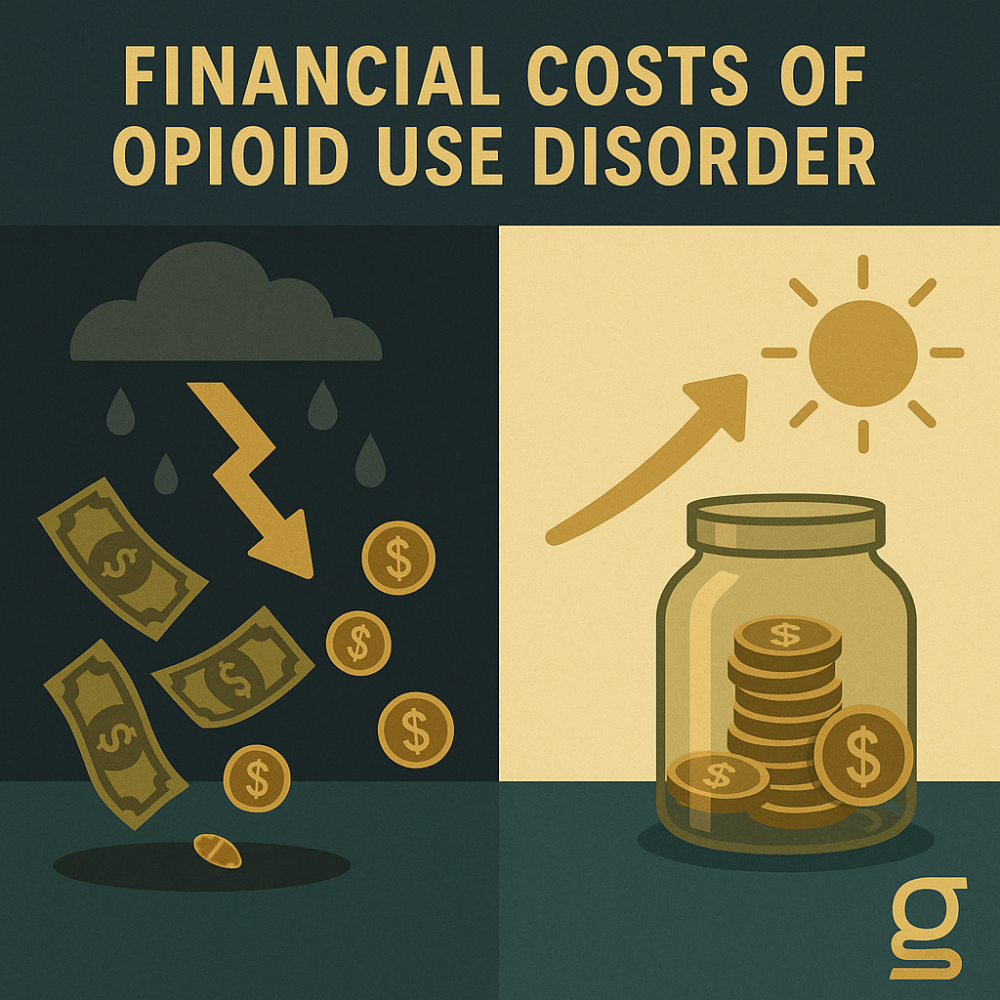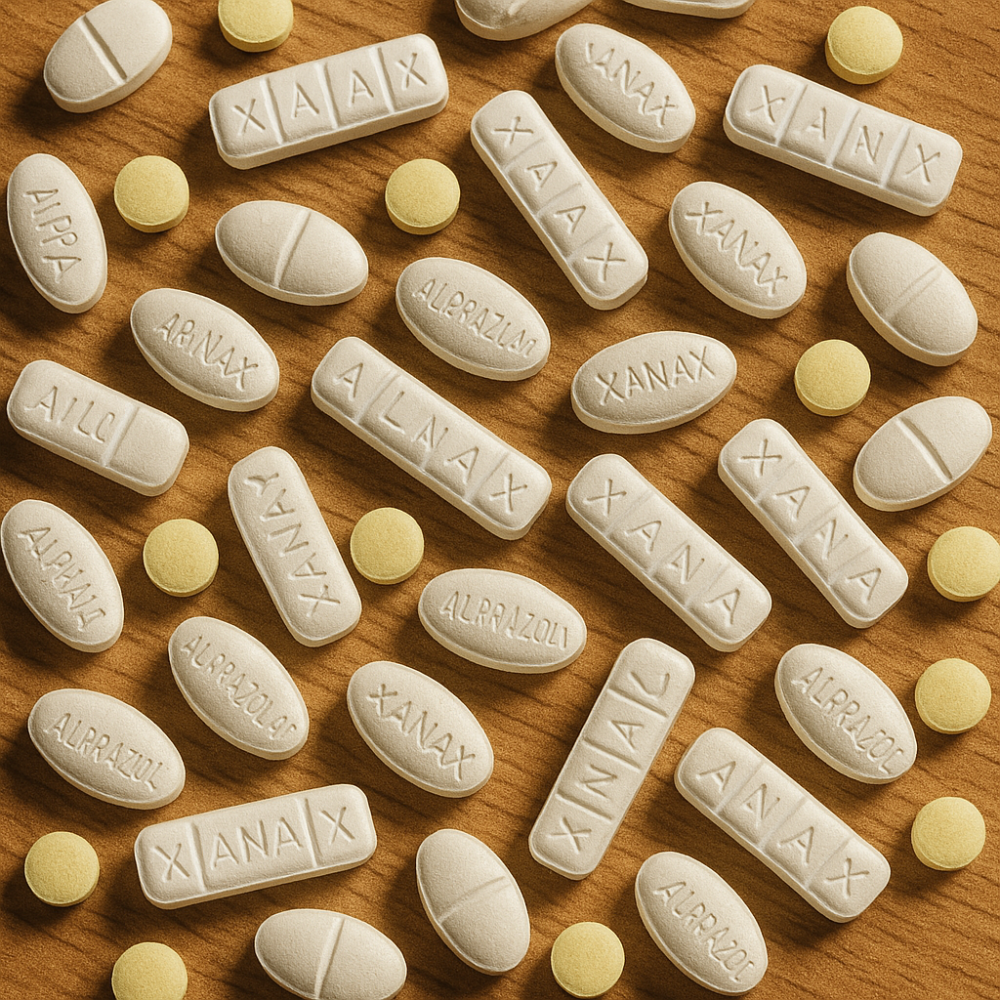You have decided to make a change in your alcohol use. Congratulations! It is possible that you may have heard the term “tapering off” associated with other substances, but you would like to know if tapering off alcohol is possible? If so, how is it done?
Why Should You Taper?
Although it is possible for some to quit drinking without any side effects, it leads to painful alcohol withdrawal symptoms for most. In fact, some withdrawal side effects can be fatal without the right treatment. If you have tried to quit in the past, but the side effects of withdrawal caused you to drink again just to find relief, tapering off alcohol may be more effective. It will give your body time to adjust to the reduction.
What is Alcohol Withdrawal?
Sadly, the threat of severe withdrawal symptoms prevents millions of people from stopping their alcohol abuse. Individuals experience alcohol withdrawal when they stop giving their bodies alcohol. Depending on the severity of alcohol dependence, symptoms may range from mild to moderate or severe. It is also important to note that the degree of symptoms will depend on how much alcohol you have been using, the frequency of use, and how long you have been drinking. If your drinking is minimal, you may experience mild withdrawal. If you are an average to moderate drinker – a couple drinks a night, several nights a week – then you may experience moderate withdrawal. On the other hand, if you engage in excessive alcohol use, you could experience severe alcohol withdrawal.
Alcohol withdrawal symptoms can be both physical and psychological and often include:
- Shakes/tremors
- Insomnia
- Sweating
- Headache
- Nausea/vomiting
- Increased heart rate
- Loss of consciousness
- Seizures
- Fatigue
- Anxiety
- Irritability
- Depression
Withdrawal symptoms may begin within a few hours after the last drink and may last up to 48 to 72 hours. Psychological alcohol withdrawal may continue long after the physical symptoms subside. In fact, many in recovery report having psychological cravings years after they stopped drinking. Another more serious condition that develops during alcohol withdrawal is delirium tremens or the DTs. The DTs usually emerge within two to five days after you stop drinking and are periods of confusion, disorientation, and hallucinations. Physical DT symptoms may include shaking, irregular heartbeat and blood pressure, sweating, and a change in body temperature. If left untreated, DTs can be fatal.
Why Does Alcohol Withdrawal Happen?
Chronic and excessive alcohol use disrupts the brain’s neurotransmitters. Neurotransmitters are chemical messengers. Alcohol will increase the effect of gamma amino butyric acid (GABA) – the neurotransmitter in the central nervous system that creates feelings of peace and relaxation. However, chronic alcohol use will suppress GABA activity in such a way that progressively increased amounts of alcohol are needed to produce the desired effects – which is known as tolerance. Chronic alcohol use also suppresses glutamate activity, the neurotransmitter that produces feelings of excitement. In excessive alcohol users, the glutamate system has to function at a higher level to maintain equilibrium. When alcohol consumption stops or is significantly reduced, the neurotransmitters that were suppressed by alcohol rebound into what is known as brain hyper-excitability and create alcohol withdrawal symptoms.
The Kindling Effect
Some individuals experience a neurological condition known as the “kindling effect” as a result of repeated alcohol withdrawal. Individuals who have experienced the kindling effect may have more severe symptoms, including seizures, even when they use small amounts of alcohol.
Can You Use Alcohol to Taper Off?
Intoxicating beverages have been around since the Neolithic period (about 10,000 BC) which is a lot longer than modern medications. Throughout history alcohol has been used for a number of different issues, including tapering off to overcome alcohol use.
Determining If You Need to Taper Off
If you begin to experience withdrawal symptoms such as an increased or irregular heartbeat, high blood pressure, become shaky and have excessive sweating when you stop alcohol use, it is a clear indication that you should not try to stop cold turkey. Instead of suddenly stopping on your own, you should consider either tapering off alcohol, or seek assistance from a professional inpatient medical detox treatment.
How to Taper Off with Alcohol
The most recommended form of alcohol to use in tapering is beer due to its lower alcohol content. Consumption should be minimal; just enough to prevent withdrawal symptoms and gradually reducing the amount until you are no longer using alcohol. You should be able to taper off alcohol within a few days, 3 to 5 days at the most. While you are tapering off alcohol, it is important that you stay hydrated. Water and Gatorade are your best sources for fluids. Follow a healthy diet with fruits and vegetables, and take a multi-vitamin.
Alcohol and Metabolism
Alcohol metabolizes more quickly in individuals with a high tolerance to alcohol. On the other hand, it will take longer to metabolize in someone with a lower tolerance. Females tend to metabolize alcohol much slower than males. Another consideration is body weight. A higher body weight will contribute to a higher tolerance.
Follow a Tapering Schedule
A typical tapering schedule may follow a pattern of 3 beers per day for the first two days, followed by 2 beers per day for the next two days, and 1 beer per day for the next two days, for a total of six days. If you try tapering off alcohol and find that you are struggling with withdrawal and relapse, it is a good idea to seek the assistance of a professional medical alcohol detox facility.
Tapering Off Alcohol with the Use of Medications
For many people, tapering off alcohol does not work for them and they need the assistance of medication. Valium (Diazepam) and Librium are two drugs associated with alcohol withdrawal treatment and it is possible that your doctor may prescribe a low dose to help you self-detox from alcohol use at home.
Alcohol Withdrawal and Abstinence
After you have completely tapered off alcohol, you will have to decide if you want to follow a path of total abstinence or moderate alcohol use. If you choose moderate alcohol use, the best way to avoid alcohol withdrawal is to refrain from alcohol use two days in a row. If alcohol use is more frequent, try to abstain at least three days each week.
After Tapering is Complete
Once you have completely tapered off alcohol, it is a good idea to avoid alcohol use for a period of 30 days, which will allow your body time to adjust to being alcohol-free. Some people find that they do not want to return to alcohol use, while others try to find a happy medium for moderate consumption.
If you have tried tapering off alcohol without success, consider a medically supervised alcohol detox program. Gallus Detox Centers can help you overcome alcohol use once and for all. To learn more about our private alcohol detox centers, get in touch with us today.


 Steve B
Steve B 

 Casey Wilson
Casey Wilson